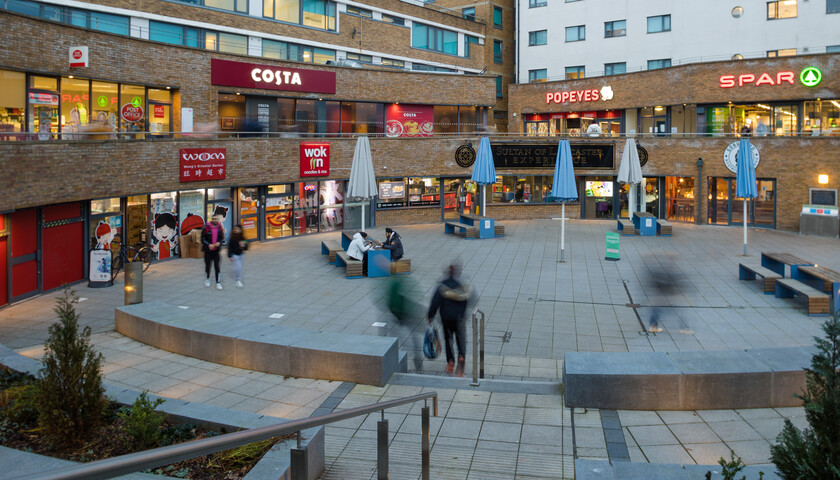Welcome to Uranium Science 2025
Welcome to Uranium Science – an international conference for interdisciplinary discussion, exciting uranium-centred presentations, and the opportunity for our academic community to meet and collaborate in person. The forefront of modern uranium research will be showcased through a mixed program of plenary speakers, presentations, and poster sessions. We look forward to seeing familiar faces and to meeting new members of our growing network of uranium science researchers at Lancaster University
Online registration is now open!


-2.jpg)
-1.jpg)
-2.jpg)
-1.jpg)
-3.jpg)
-3.jpg)




